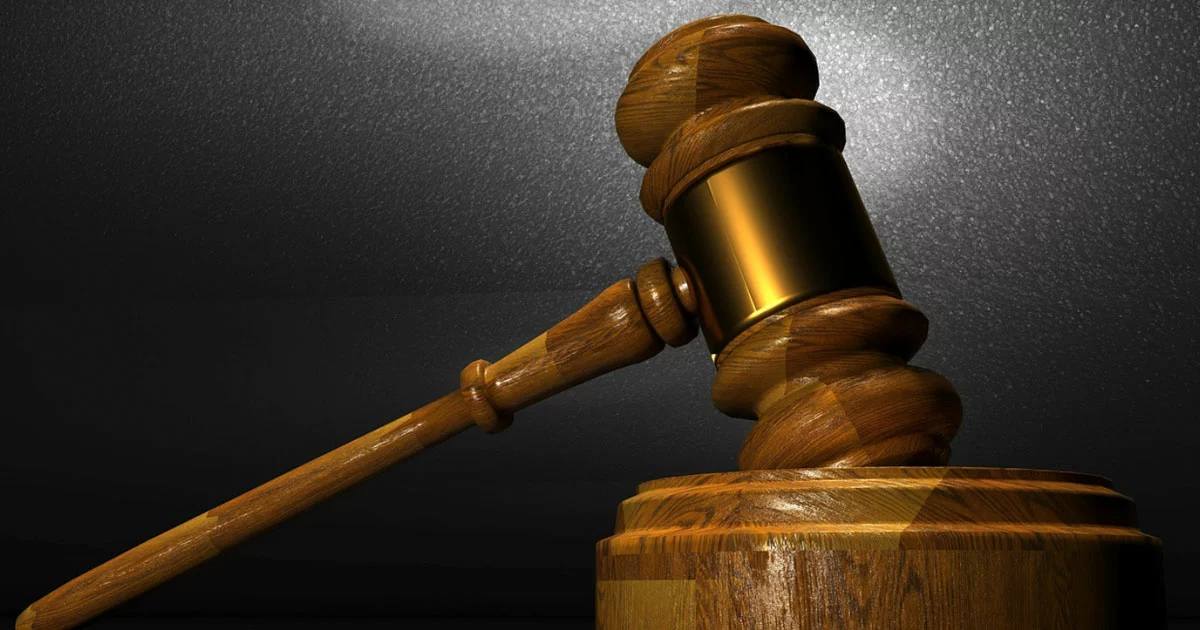UKGC: Lottery licence scandal in court
The UKGC is facing an explosive case in London’s High Court. Media tycoon Richard Desmond is challenging the award of the national lottery licence to Allwyn, a decision that raises questions of transparency, governance and justice.
When an authority comes under pressure
The curtain rises this October 2025 on one of the most closely scrutinised legal battles in the UK gaming sector. On one side, the Gambling Commission (UKGC), the guardian of gaming regulation; on the other, media magnate Richard Desmond, who is challenging the award of the national lottery licence to the Allwyn company. More than just a commercial dispute, this trial raises a crucial question: can decisions taken by a public regulator in an area where financial stakes and the public interest intersect be challenged in a high court?
This legal confrontation could reshape the balance between the power to award public contracts and judicial control. And, if Desmond wins his case, it could be the good causes funds (financed by the lottery) that will have to pick up the tab.
A licence at the heart of the storm
Since its creation, the British national lottery has been operated by Camelot. In 2022, following a call for tenders for a new ten-year concession, the Czech company Allwyn was chosen. For the first time, the historic monopoly changes hands. But this transition, far from being consensual, provoked recriminations.
Richard Desmond, owner of Northern & Shell and The New Lottery Company, did not accept the decision. He argues that the award procedure lacked transparency: undisclosed criteria, lack of feedback on the initial competition phase, unaddressed conflicts of interest, contractual changes after the award. He had initially claimed up to £1.3 billion in damages, but reduced his claim to around £200 million after rejecting a £10 million settlement proposal.
Desmond also puts its costs incurred in the bidding process at £17.5 million.
Exploding costs and disclosure error
The case is now before the High Court in London. The main trial is expected to last several weeks, according to observers’ estimates. The stakes are not just private: if a conviction is handed down, the funds used to compensate Desmond could come from the National Lottery Distribution Fund (NLDF), the mechanism that redistributes ticket revenues to charities: sports, culture, local associations.
Preparing for the trial is already costing money. The UKGC has seen its lottery-related expenses almost double: from £14.4 million to £28.8 million in one year. Legal costs alone have risen from £400,000 to £13.4 million.
Even more embarrassing: the Commission unwittingly released more than 4,000 internal documents to Desmond’s legal team. In one of her rulings, Mrs Justice Jefford found that, by the usual standard, it was not manifestly obvious that the documents had been disclosed in error, allowing Desmond to use them in his case.
Desmond’s strategy
Desmond’s lawyers are challenging the very validity of the competition. They claim that the UKGC imposed unannounced criteria, prevented TNLC from correcting its application due to a lack of feedback, and tolerated unmanaged conflicts of interest. They also cite revealed links between Allwyn and Russian companies (in particular joint ventures with Gazprom). The UKGC had deemed these links irrelevant, but parliamentary controversies soon emerged.
Another central issue was the contractual changes made after the award. According to Desmond, these changes should have led to a new call for tenders. He therefore claimed compensation for any profits he might have made.
The UKGC’s (and Allwyn’s) defence
The regulator is defending the integrity of its process. It claims that Desmond’s bid was fanciful and scored very low against rigorous criteria. It also maintains that the contractual changes were permitted by the clauses and did not justify a new competition. Allwyn, for her part, joined the defence, arguing that her reputation was at stake if a court overturned her victory.
What might the judges decide?
- Complete rejection of Desmond’s claim: The court finds that the Commission acted correctly, that the contractual changes were in accordance with the rules, and refuses compensation.
- Partial victory for Desmond: The judge could recognise certain errors (notably in procedure or transparency) but limit the amount of damages.
- Annulment or reopening of the competition: The most radical outcome: the court would invalidate the award to Allwyn and call for a new competition.
Regulation, transparency and trust
This trial is not just about a dispute between a billionaire and an authority. It highlights the ongoing tension between a regulator’s autonomy and judicial control, between efficiency in awarding concessions and the obligation of transparency. Is it acceptable for opaque decisions to go unchallenged? The court’s judges will have to decide what was planned, what was done and what should have been done.


